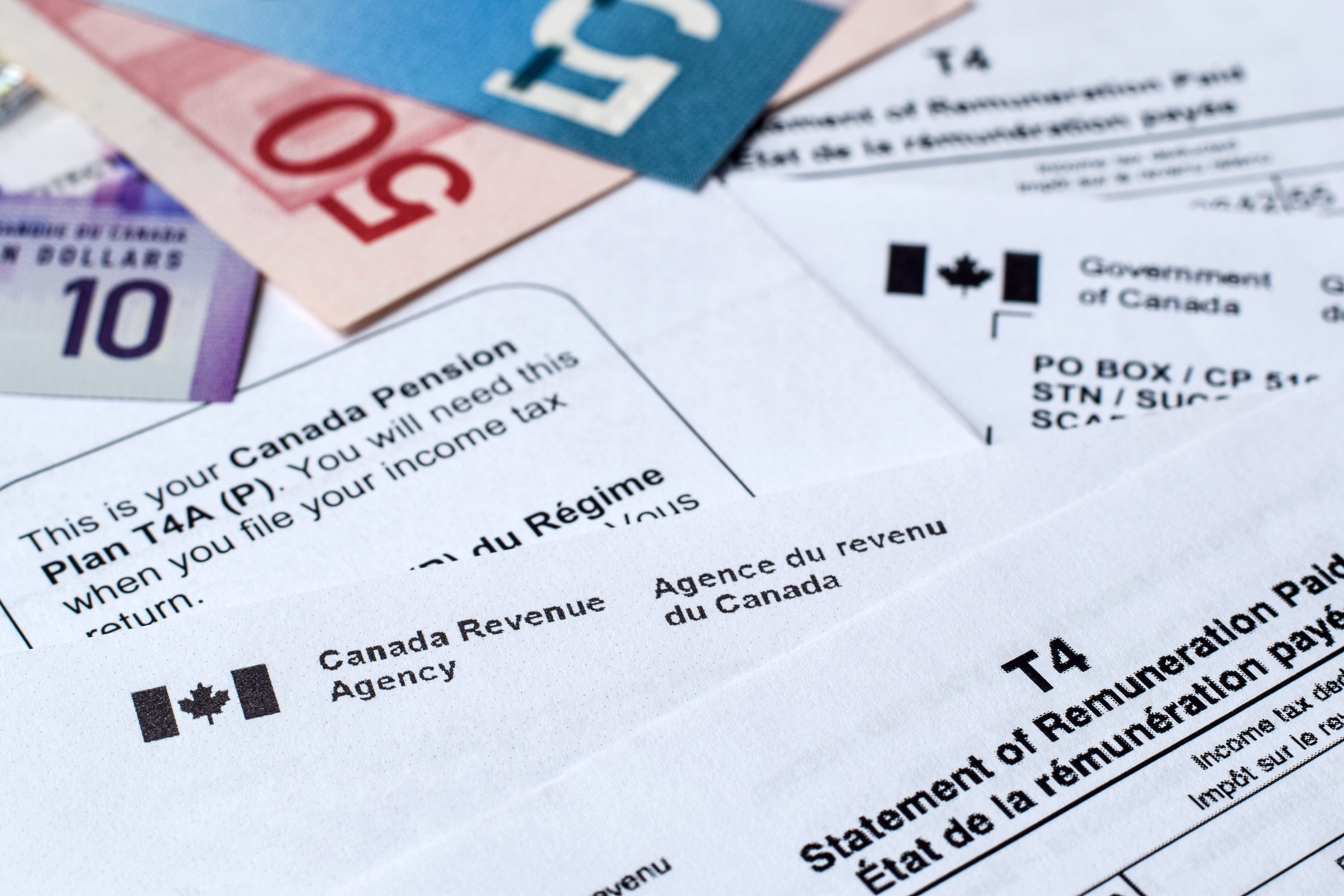Tax Planning & Preparation
Are You a U.S. Citizen Working in Canada? You Can Save Yourself From Double Taxation
June 13, 2024

The U.S. and Canada have close business relations that provide several cross-border income opportunities. Hundreds of Canadian and U.S. citizens cross the border for work, and some stay in Canada or commute to Canada daily. This cross-border work could create a situation of double taxation.
How Taxes Work for U.S. Citizens Working in Canada?
The U.S. taxation is based on residence and citizenship. If you are a U.S. citizen, you must file a U.S. tax return yearly, regardless of your residential status. Canada’s taxation is based on residence. If you are considered a Canadian resident for tax purposes, you must file and pay taxes in Canada.
Does it mean a U.S. citizen working in Canada would pay dual taxation?
Thankfully, the U.S./Canada Tax Treaty prevents double taxation for Canadian residents earning U.S. income and U.S. citizens working and residing in Canada. The treaty allows individuals to claim foreign tax credits or exemptions on income that is taxable in both countries. If you are a U.S. citizen who paid tax in Canada, you can reduce that amount from your U.S. tax bill using the above tax credits and exemptions.
However, you must qualify for these benefits and file a U.S. 1040 federal tax return. If you fail to file the form accurately, you could face double taxation, your legitimate tax-deductible expenses could be denied, and you may face interest and penalties for non-filing or wrong filing of tax returns.
Understanding the U.S. / Canada Tax Treaty
The tax treaty is based on your residency status for income tax purposes. The US and Canada tax their residents on their worldwide income and non-residents on domestically sourced income.
- If you are a US citizen and a resident earning income in Canada, you will pay tax in the US.
- If you are a US citizen but a Canadian resident earning income in Canada, you will pay tax in Canada.
How do you Determine Your Residential Status in Canada?
It can be tricky to identify your residential status for tax purposes. It is better to consult a tax expert. But for understanding, the Canada Revenue Agency (CRA) determines the residential status of an individual by looking at their residential ties.
- You own or rent a home in Canada for your use.
- Your dependents, spouse, or common-law partner are living in Canada.
- You have social and economic ties like a Canadian driver’s license, Canadian bank accounts, or memberships in Canadian social or religious organizations. Such ties alone are not enough to prove residency. However, they could be secondary considerations.
- You stayed in Canada for 183 days or more during a tax year. In this case, you may be deemed resident.
The above are essential requirements to identify residential status. However, each scenario is different and sometimes complicated. For instance, John may reside in both the U.S. and Canada and have a home in both. In such a scenario, his residential status could be determined by key interests, where he has the most significant personal interests (spouse and dependents) and economic interests (bank accounts).
Cross-Border Income Scenarios Where U.S. Citizen Is Exempt from Canadian Tax
If you are a resident of Canada, you have to pay taxes in Canada. However, there are various cross-border income scenarios where you could be a non-resident working and earning income in Canada and are exempt from Canadian taxes.
U.S. citizen daily crossing the border
You are a U.S. citizen living in the US but are commuting daily to Canada for work and earning income from Canadian sources. Even though you are earning Canadian income, you are not a resident of Canada. Hence, you could be exempt from Canadian taxation and even from withholding tax on Canadian income.
U.S. citizen earning less than $10,000 in Canada
If you are a U.S. resident earning less than $10,000 in employment income sourced from Canada, you are exempt from Canadian taxation. Note that this rule only applies to employment income. The tax rule differs for business or investment income.
U.S. citizen working in Canada for a U.S. company
If you are a U.S. resident working in Canada for a U.S. company and getting paid by the U.S. company, you are exempt from Canadian taxation.
How To Avoid Dual Taxation?
Once you have established your residency status, you can file your taxes in that country and avail yourself of their tax benefits. The CRA allows you to deduct home office expenses, vehicle expenses, and contributions to a Registered Retirement Savings Plan (RRSP) from your taxable income.
While you file and pay taxes in Canada, you must file taxes in the U.S. as a U.S. citizen. However, you can deduct the amount you paid as Canadian tax from your U.S. tax liability by claiming the Foreign Tax Credit. You must abide by additional reporting requirements when filing your U.S. tax returns.
If you have over $10,000 in a foreign bank or financial account, you must file a Foreign Bank Account Report (FBAR) to the U.S. Treasury Department’s Financial Crimes and Enforcement Network. You must comply with Foreign Account Tax Compliance Act (FATCA) filing requirements if you have foreign assets valued at $200,000 or more.
If you don’t submit the details, the Internal Revenue Service (IRS) will come to know about it. The two countries have agreed to exchange tax information under the tax treaty. Incorrect or missed filing could attract fines of $10,000 per year.
We have only discussed employment income. Tax laws can get complicated with business, rental, and investment income, and the cost of non-compliance could be dual taxation.
Contact DDL & Co. in St. Catharines for Expert Cross Border Tax Planning
A skilled tax advisor can help you plan and file taxes in compliance with the U.S. and Canadian tax systems. At DDL & Co., our tax experts can provide services to support your tax planning and filing, whether you need partial or complete support. To learn more about how DDL & Co. can provide you with tax planning expertise, please get in touch with us online or call us at 905-680-8669.



